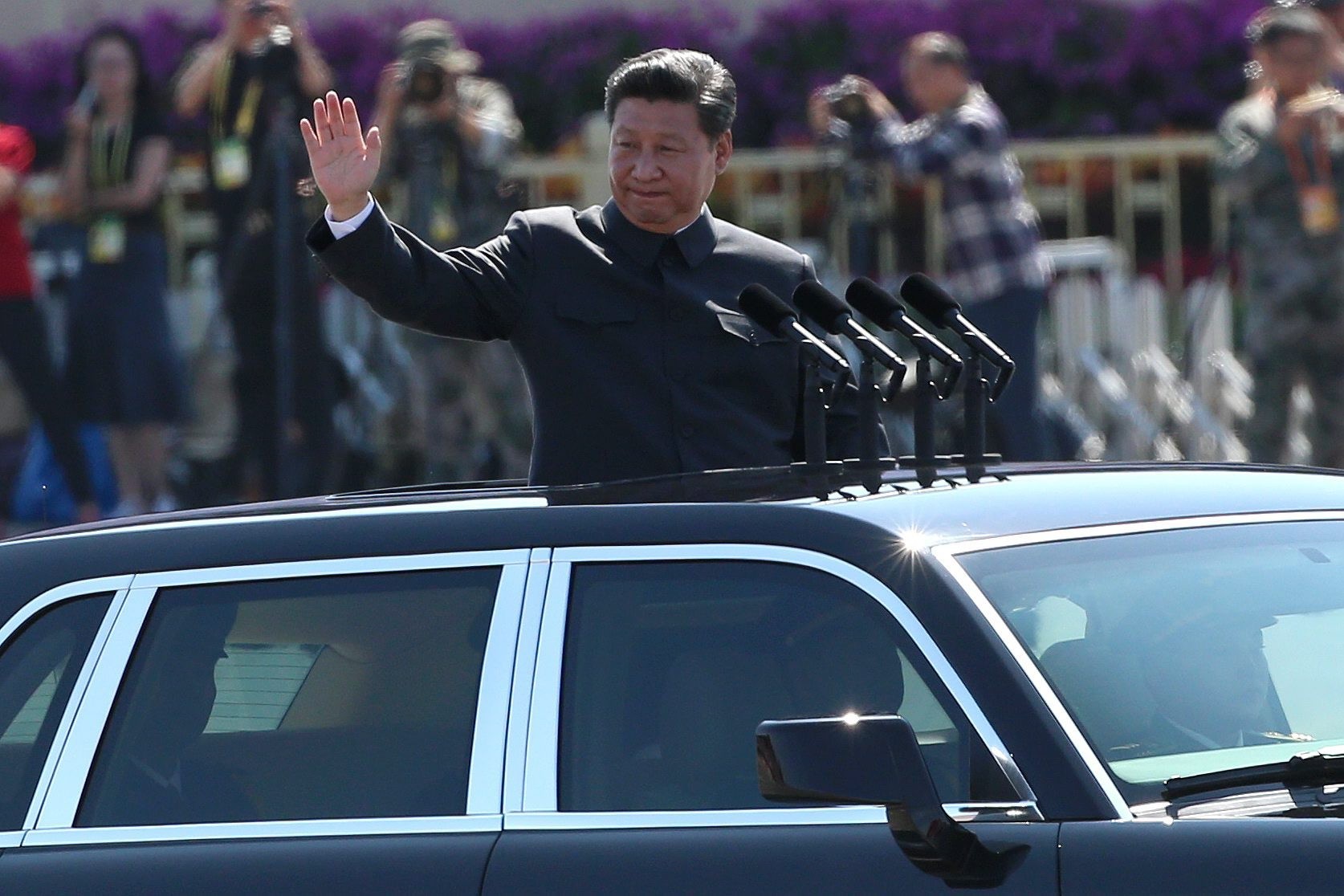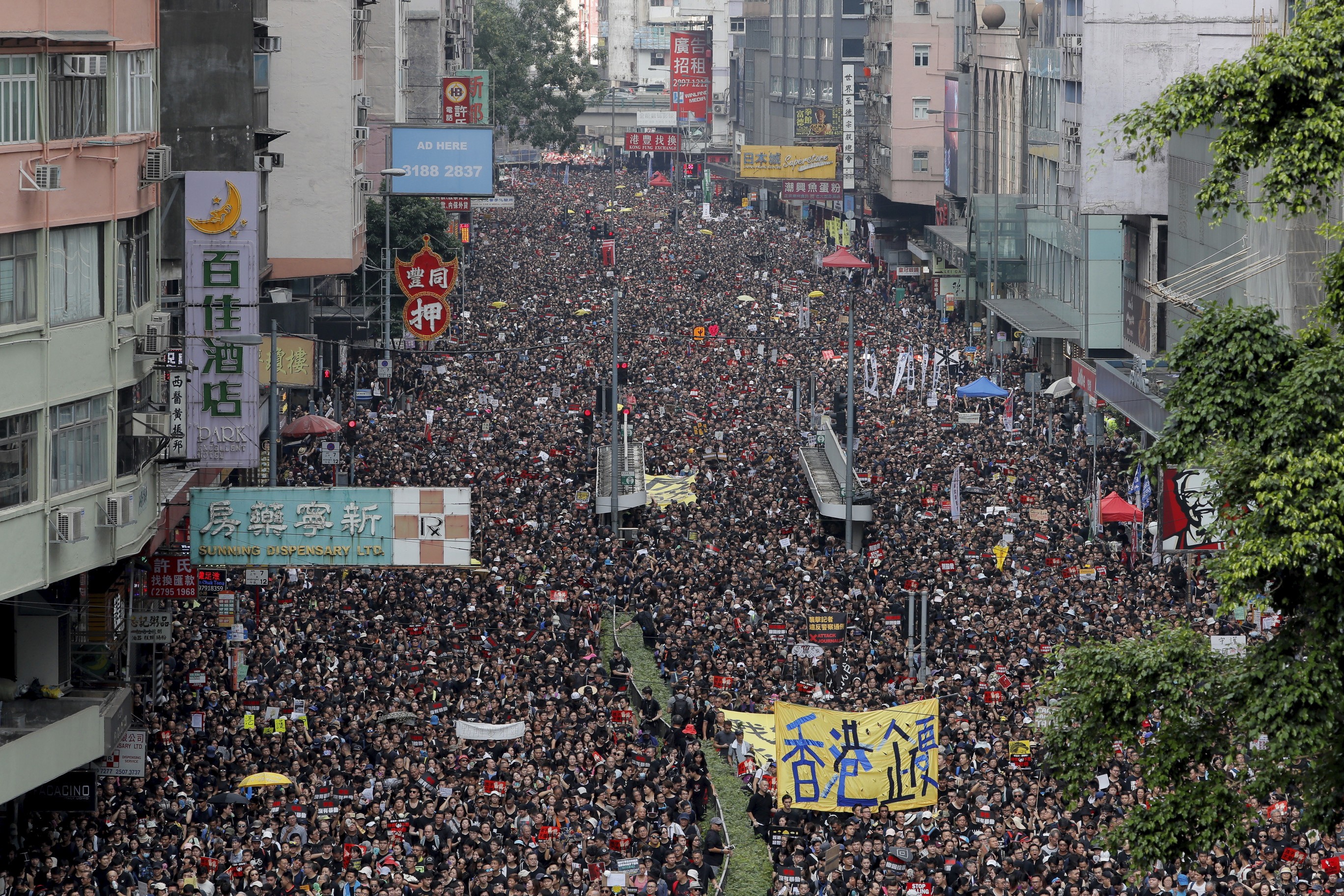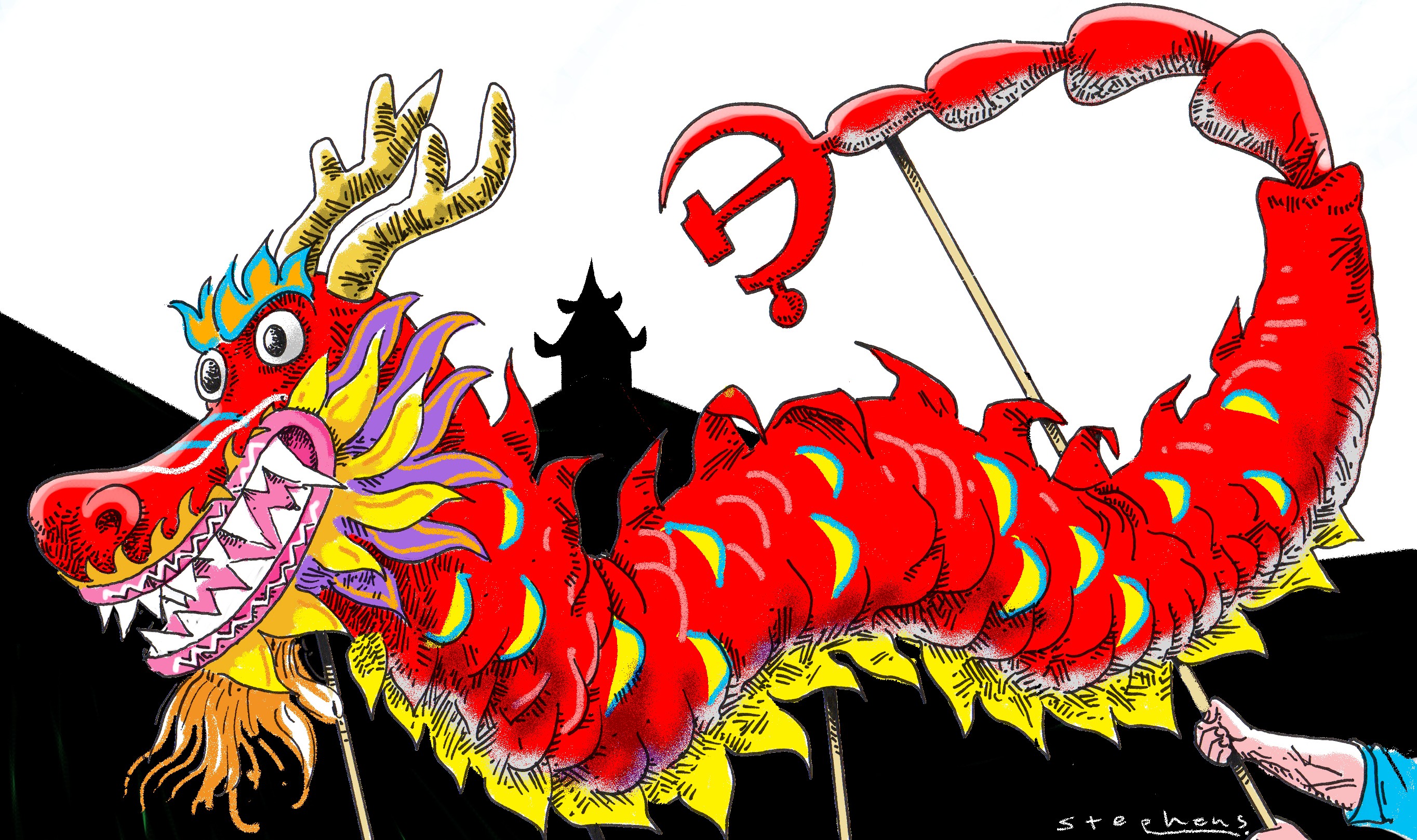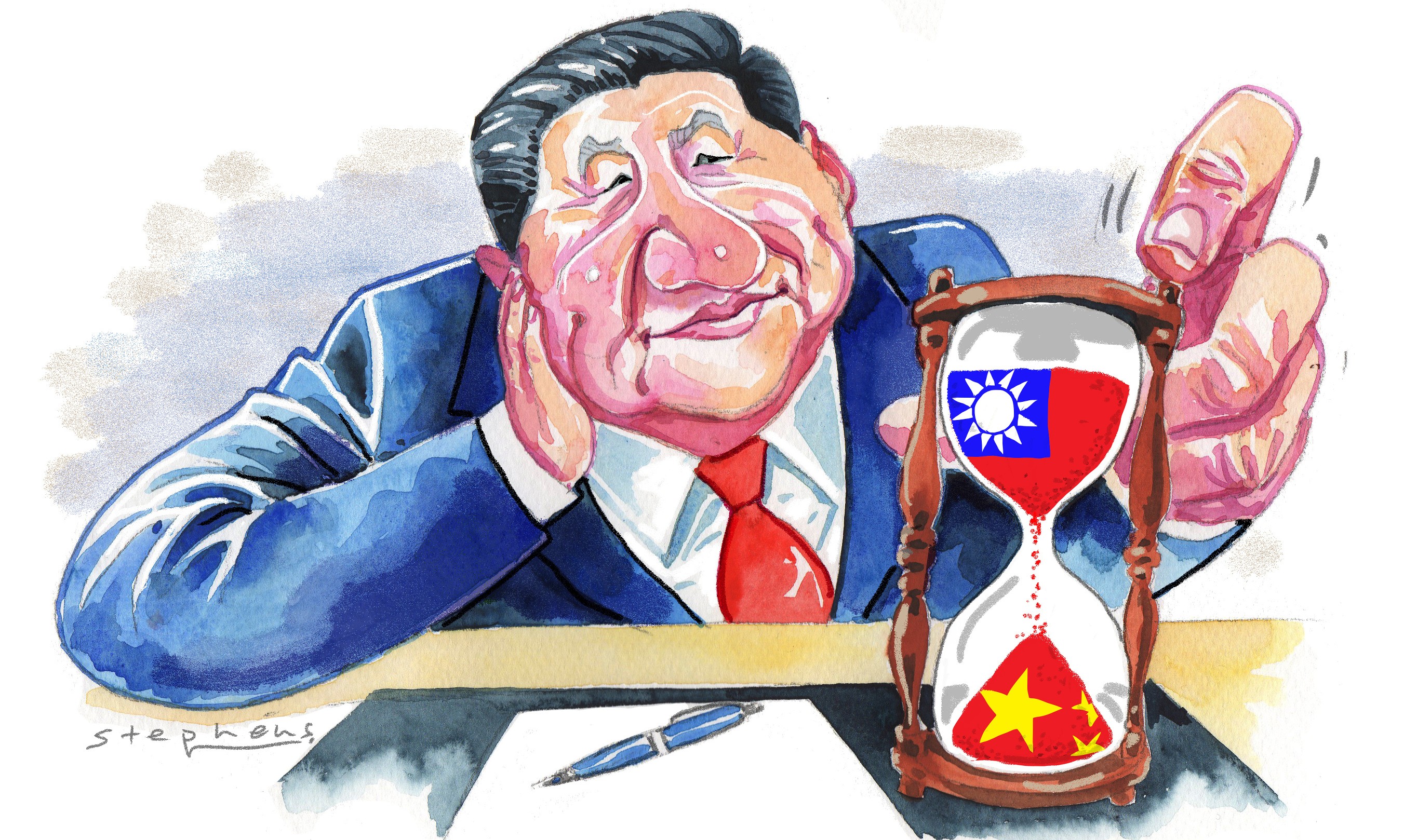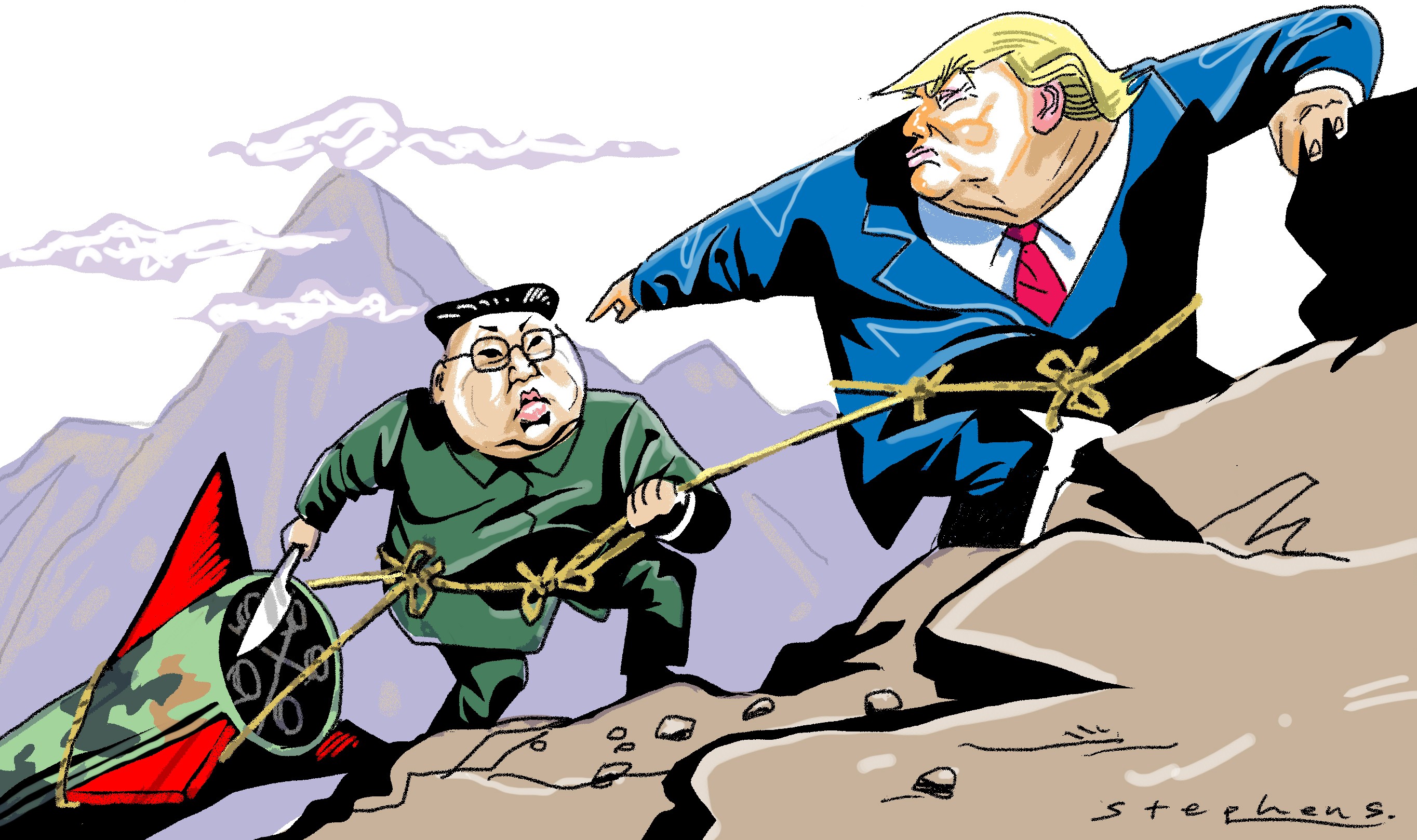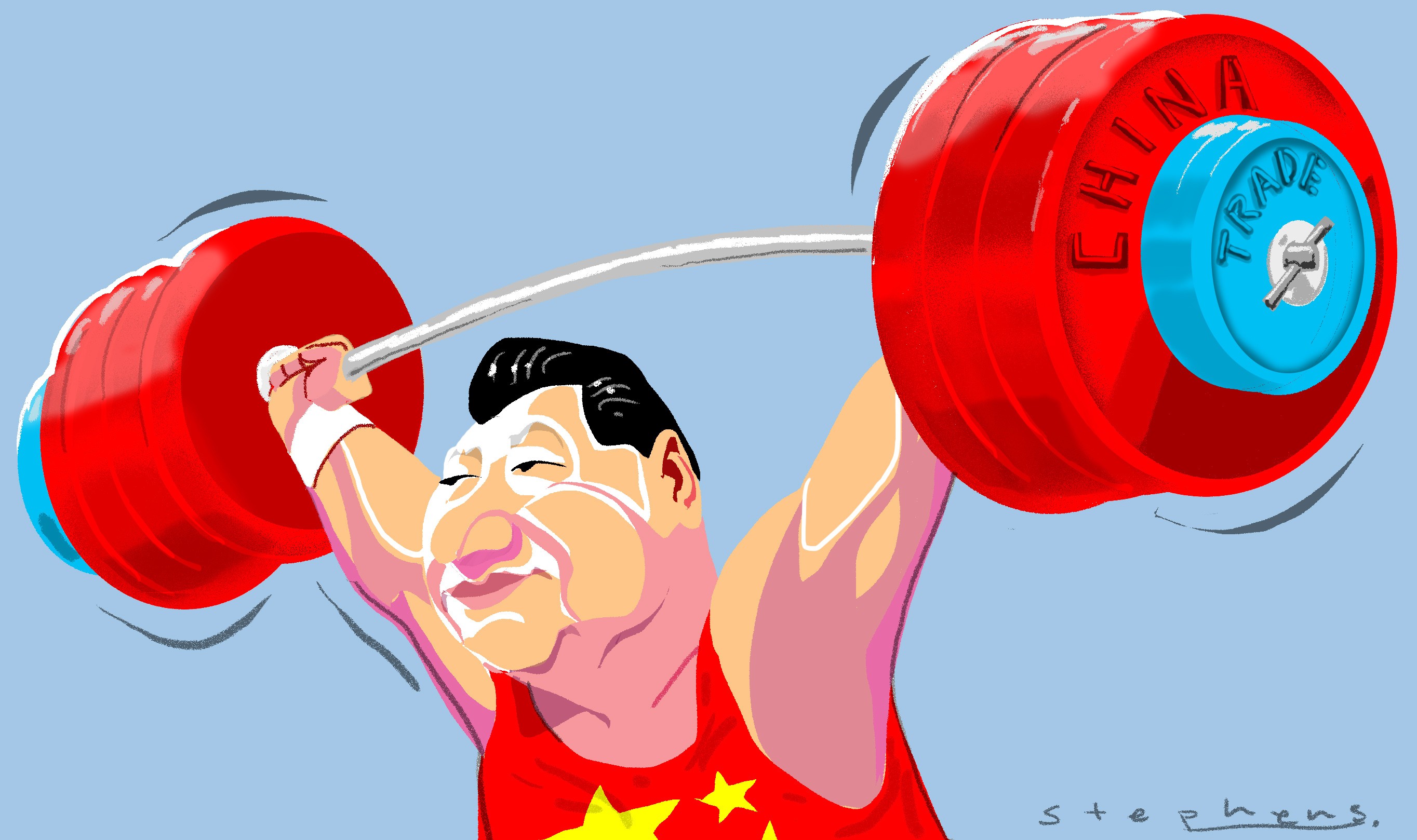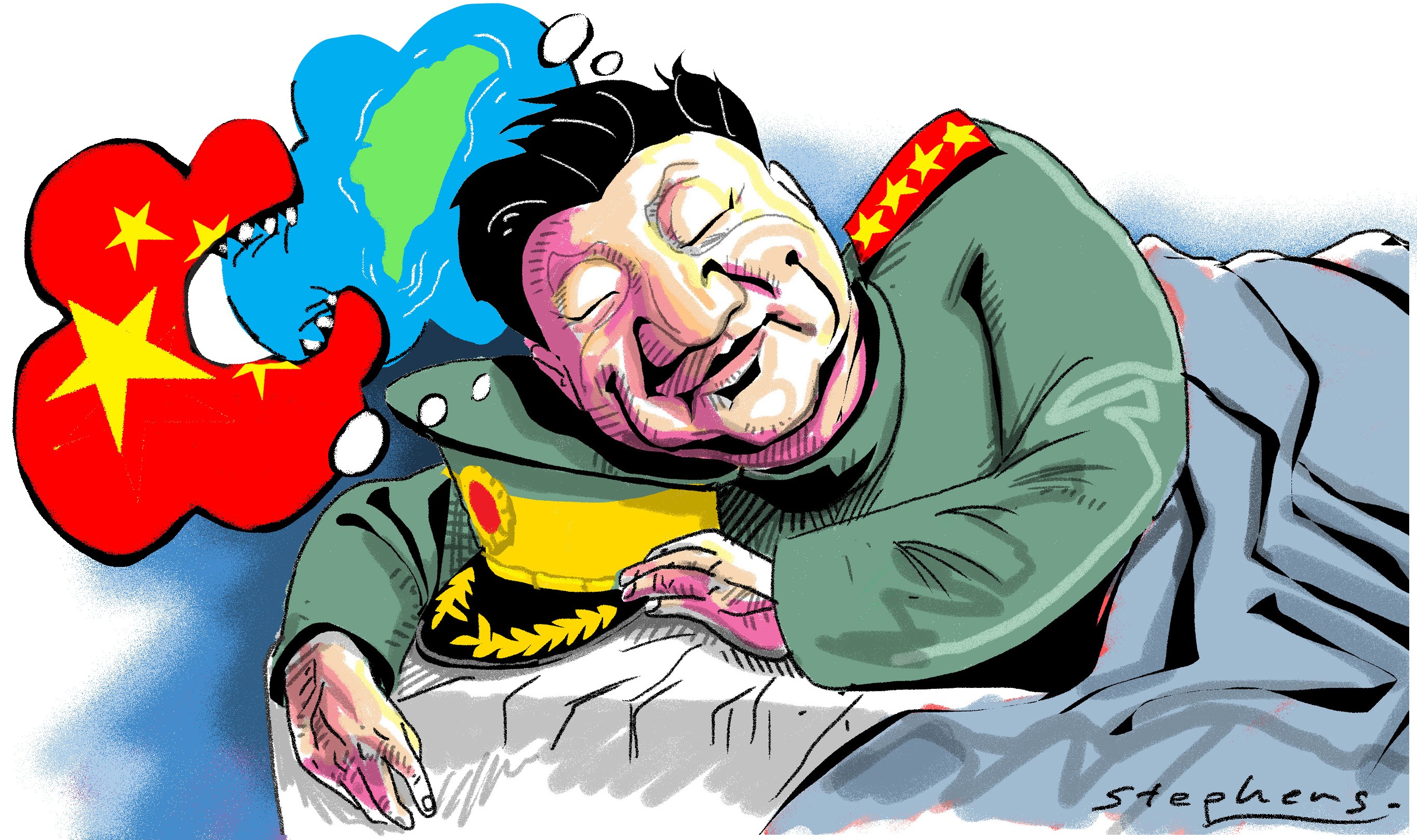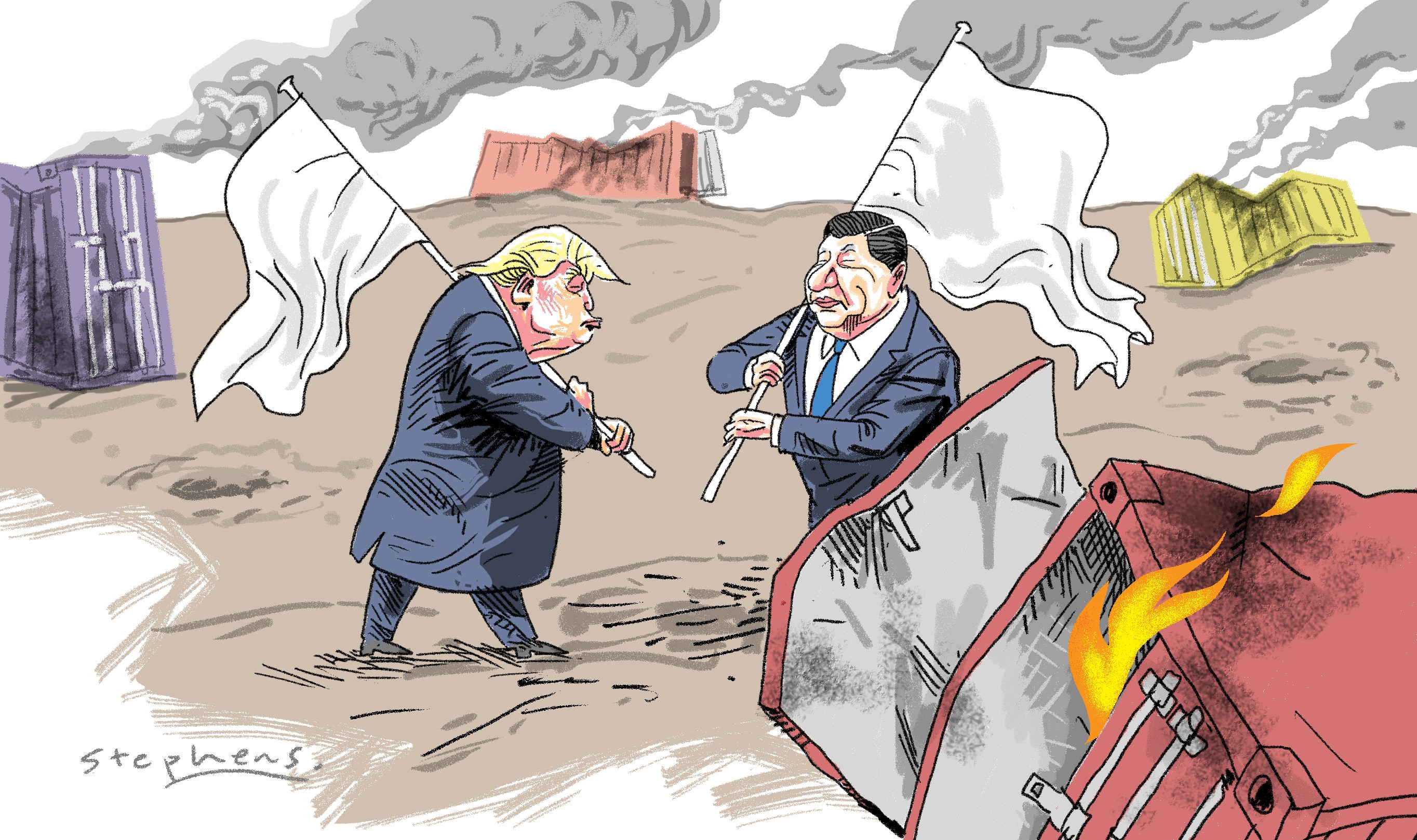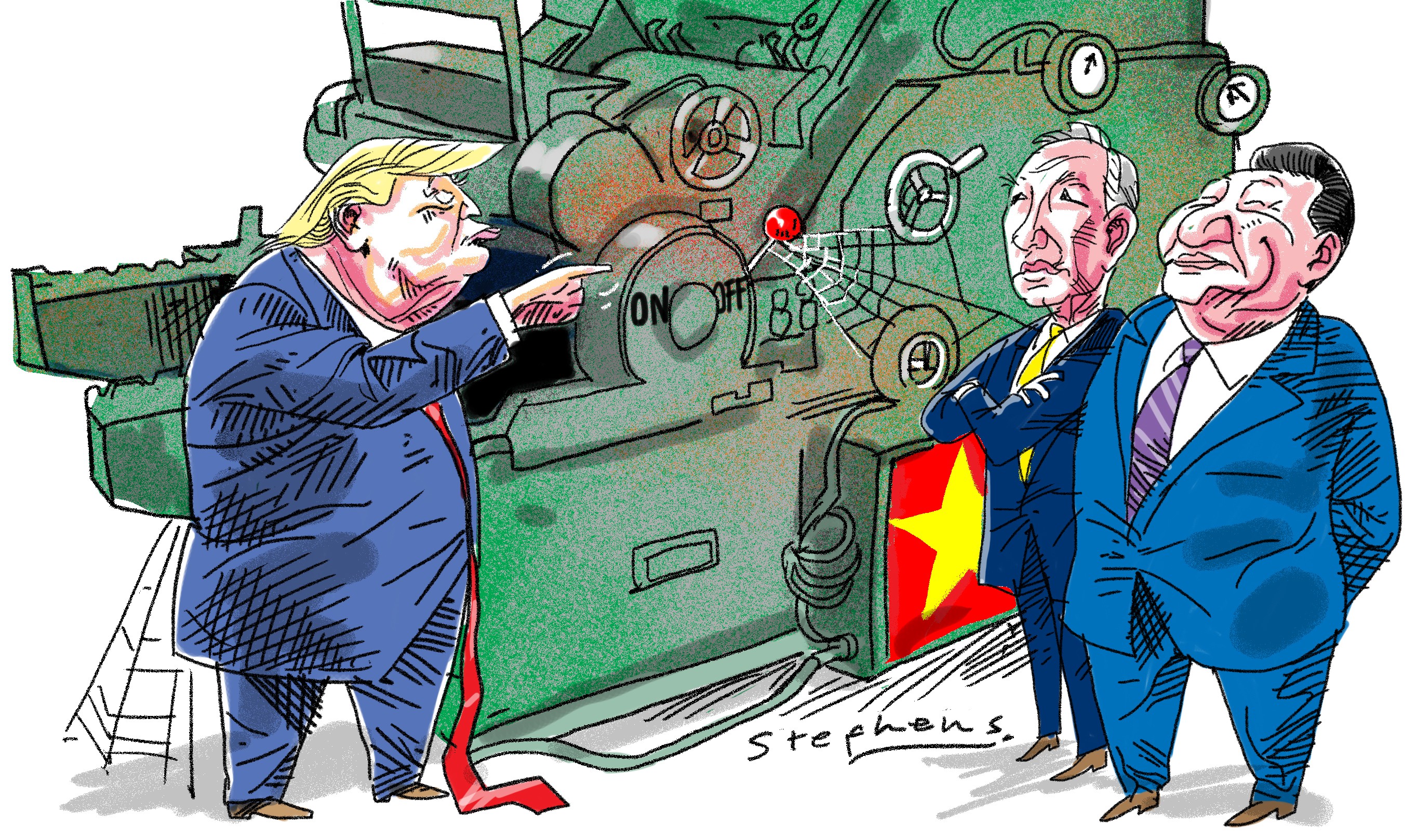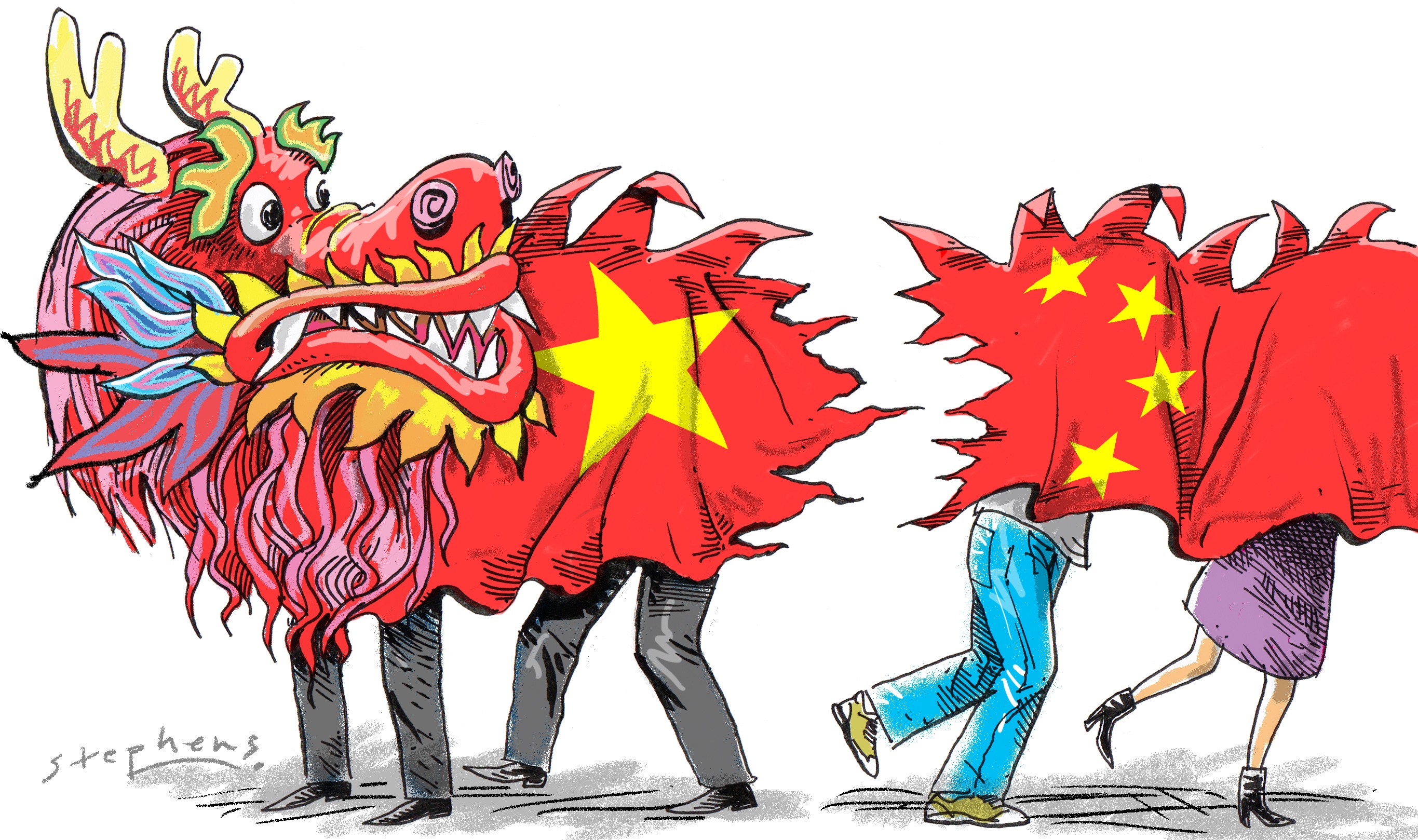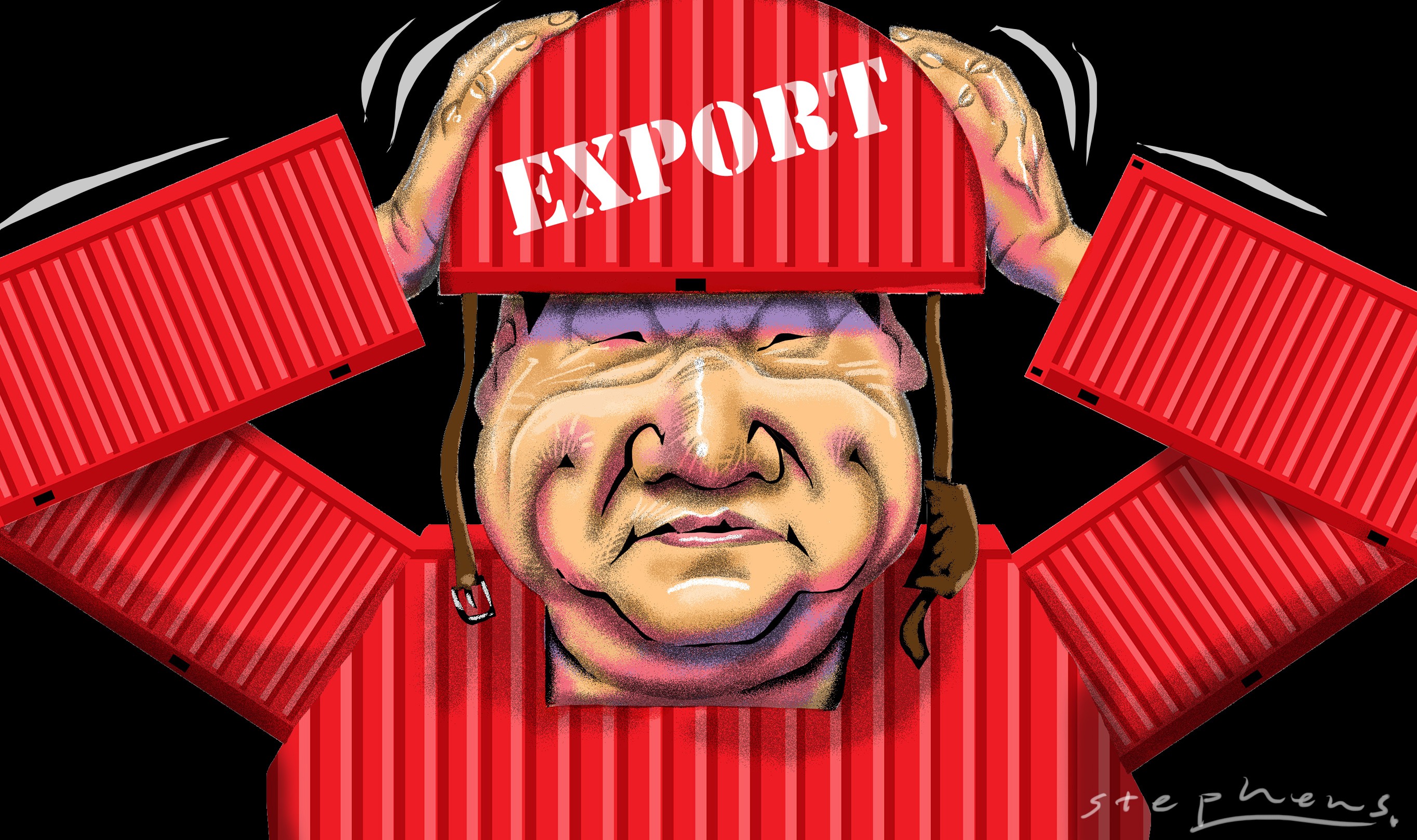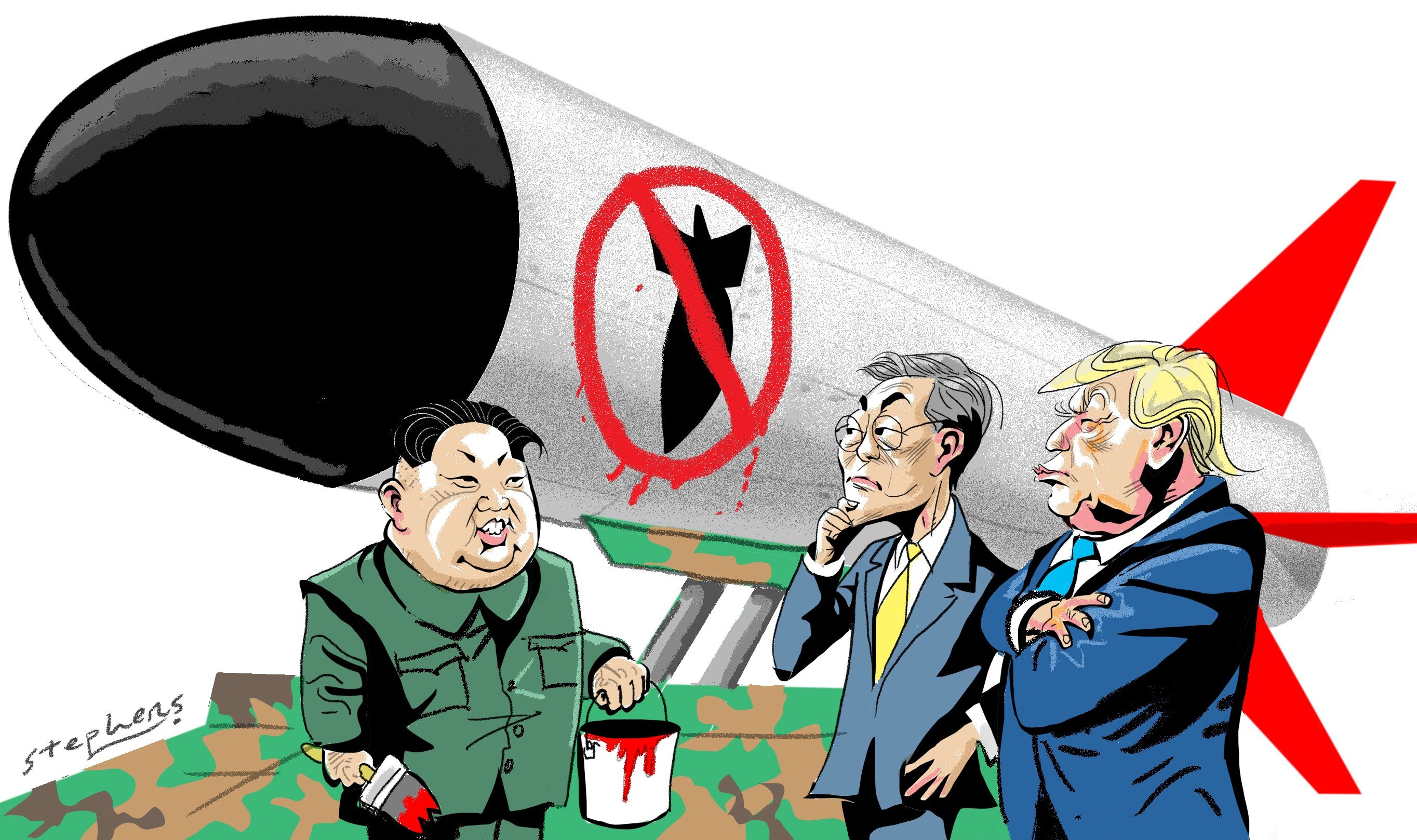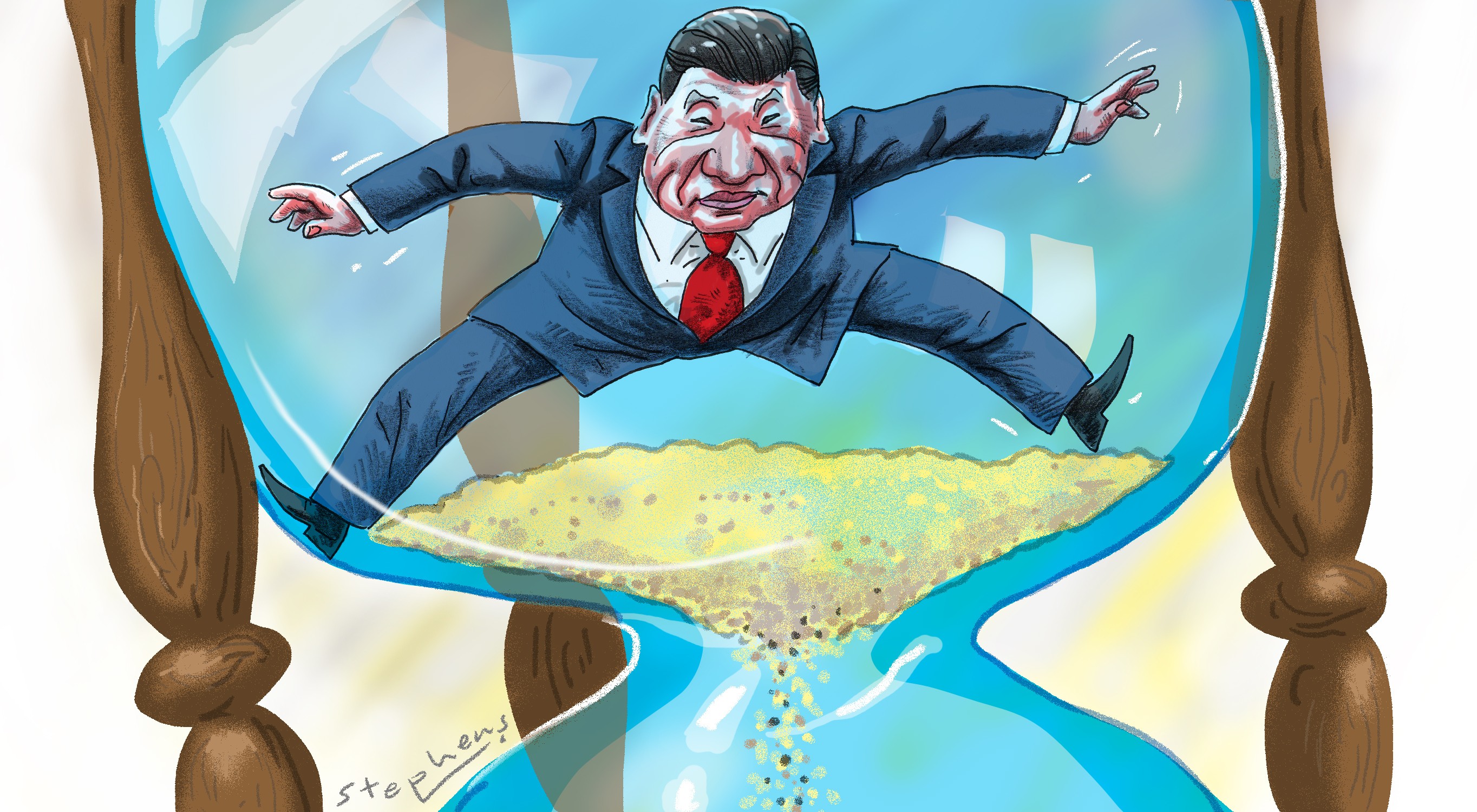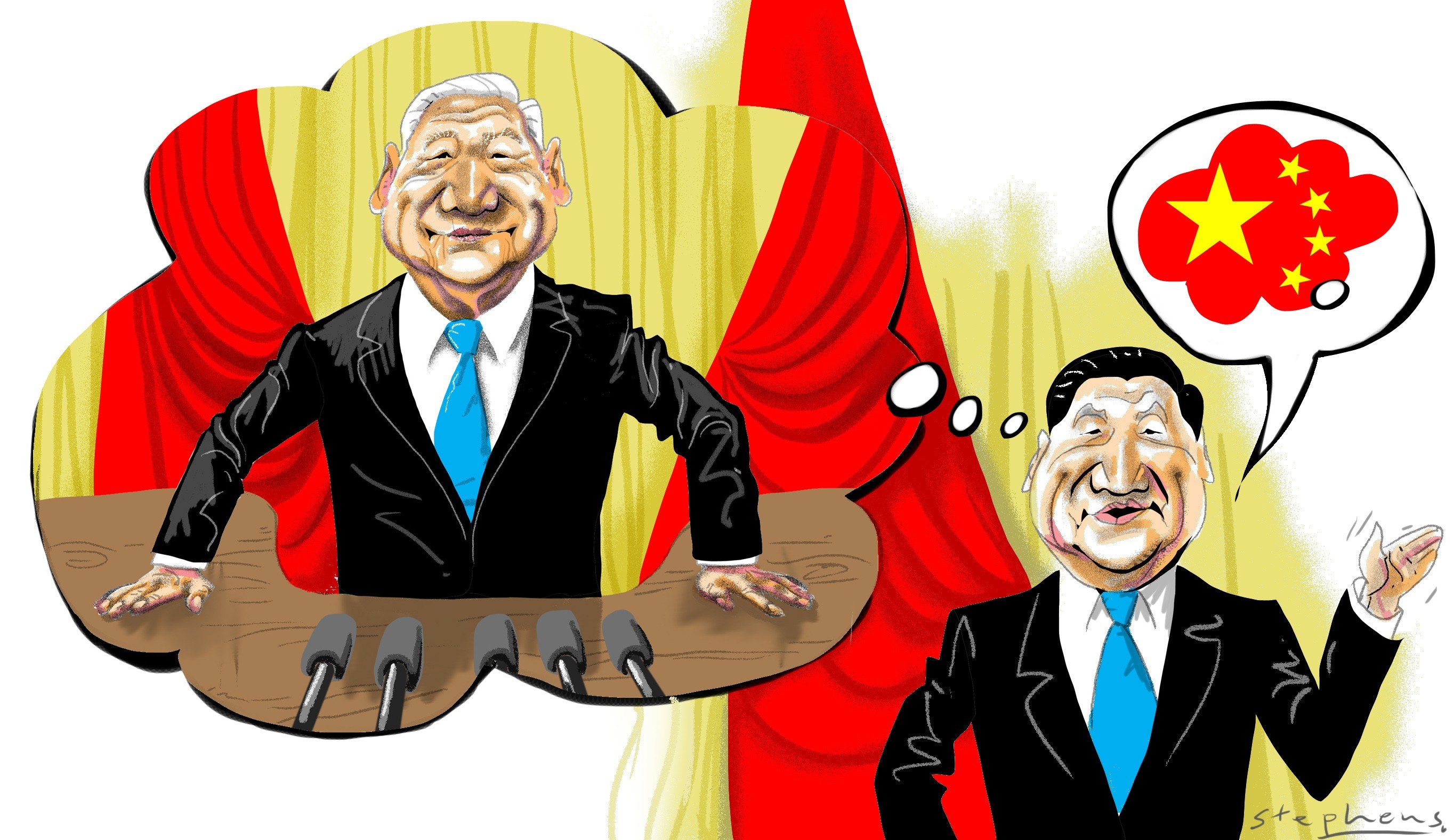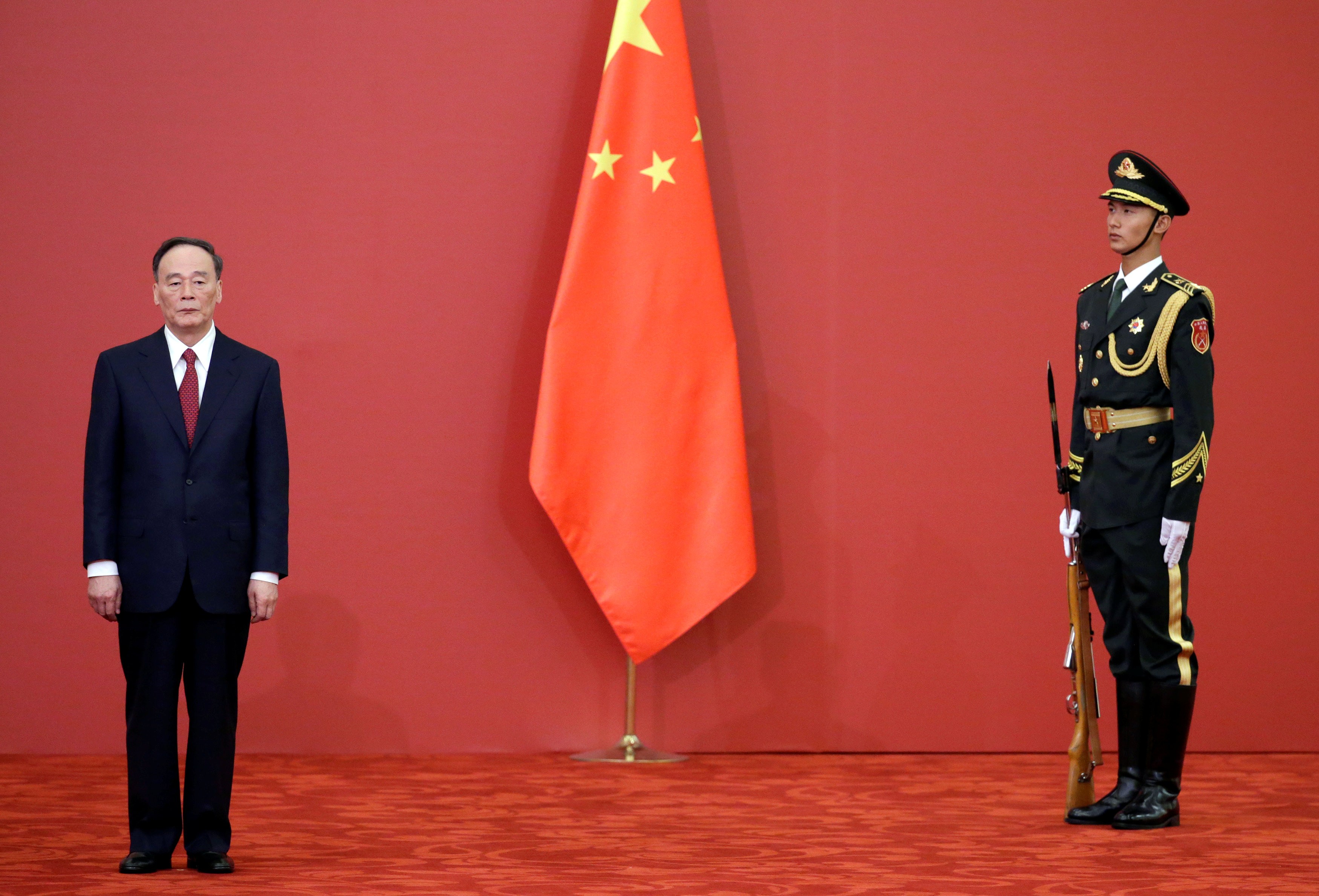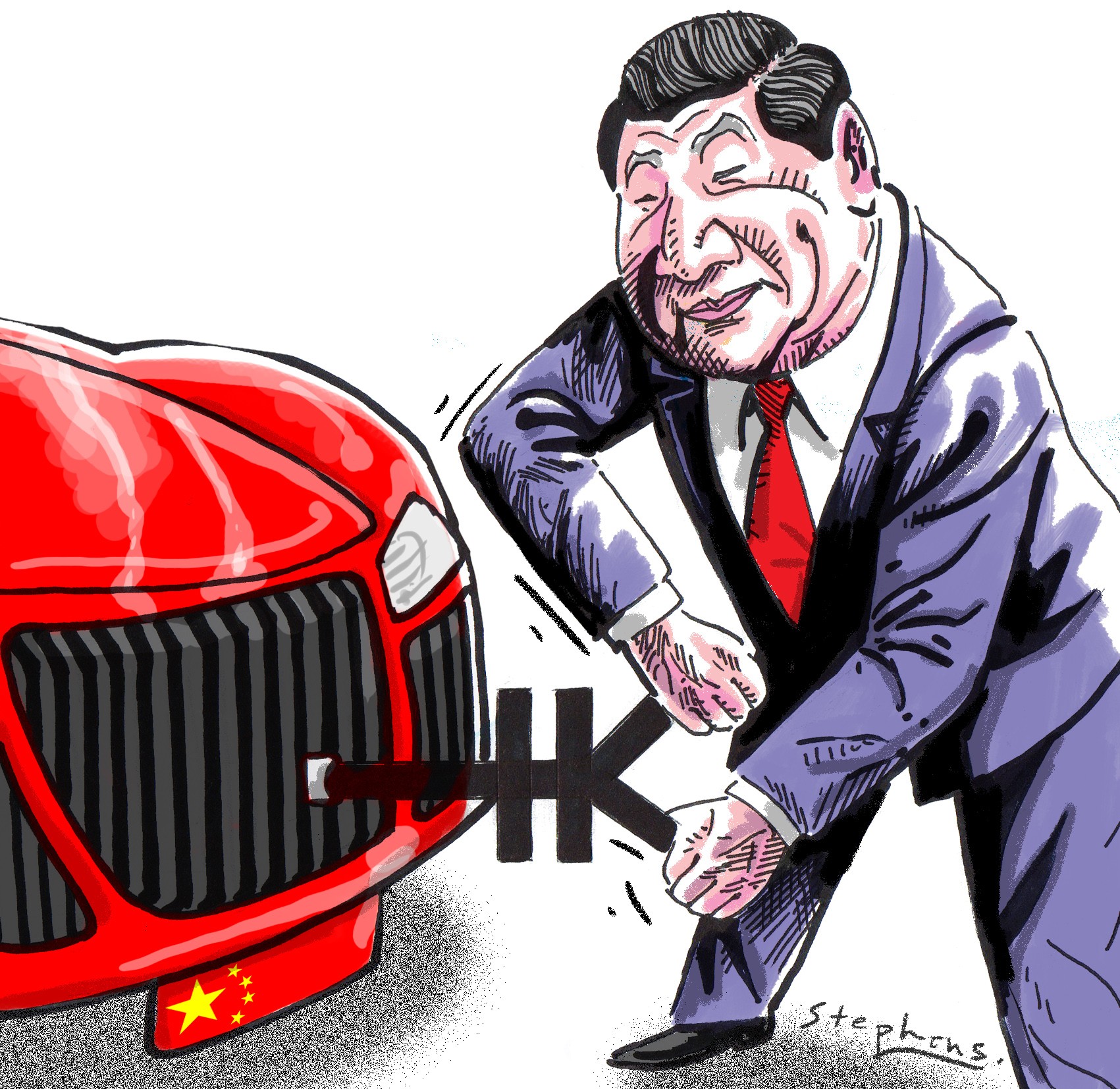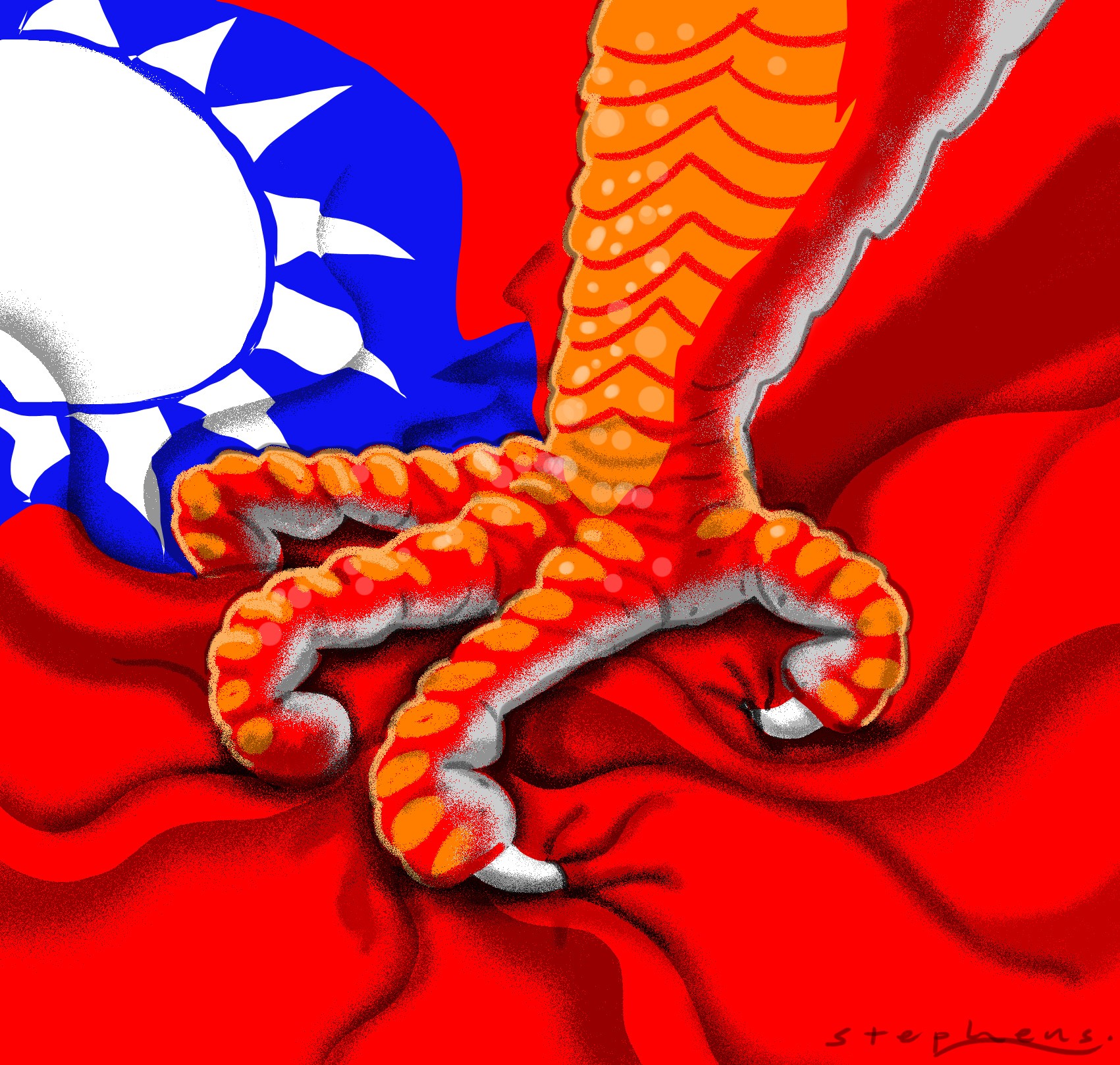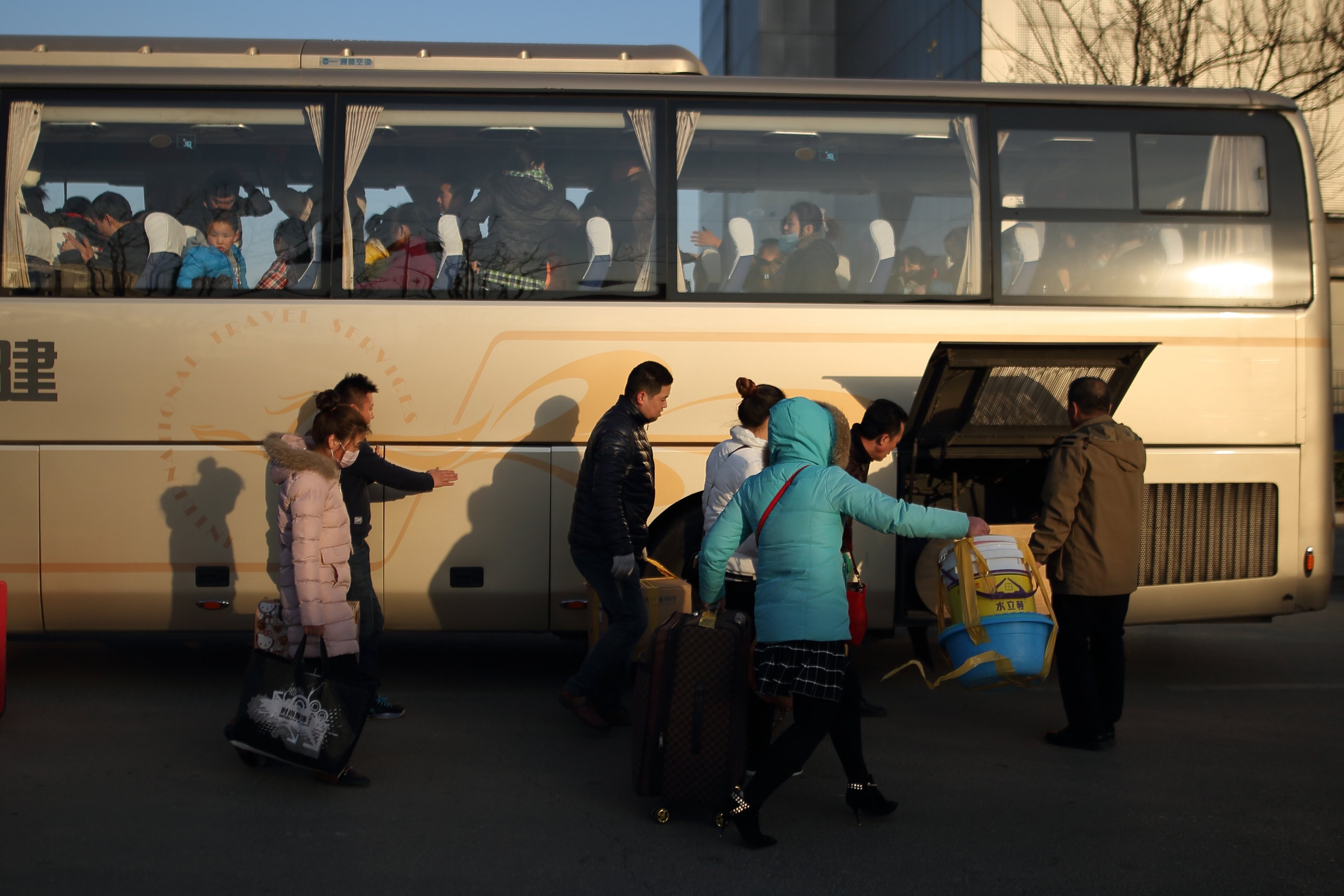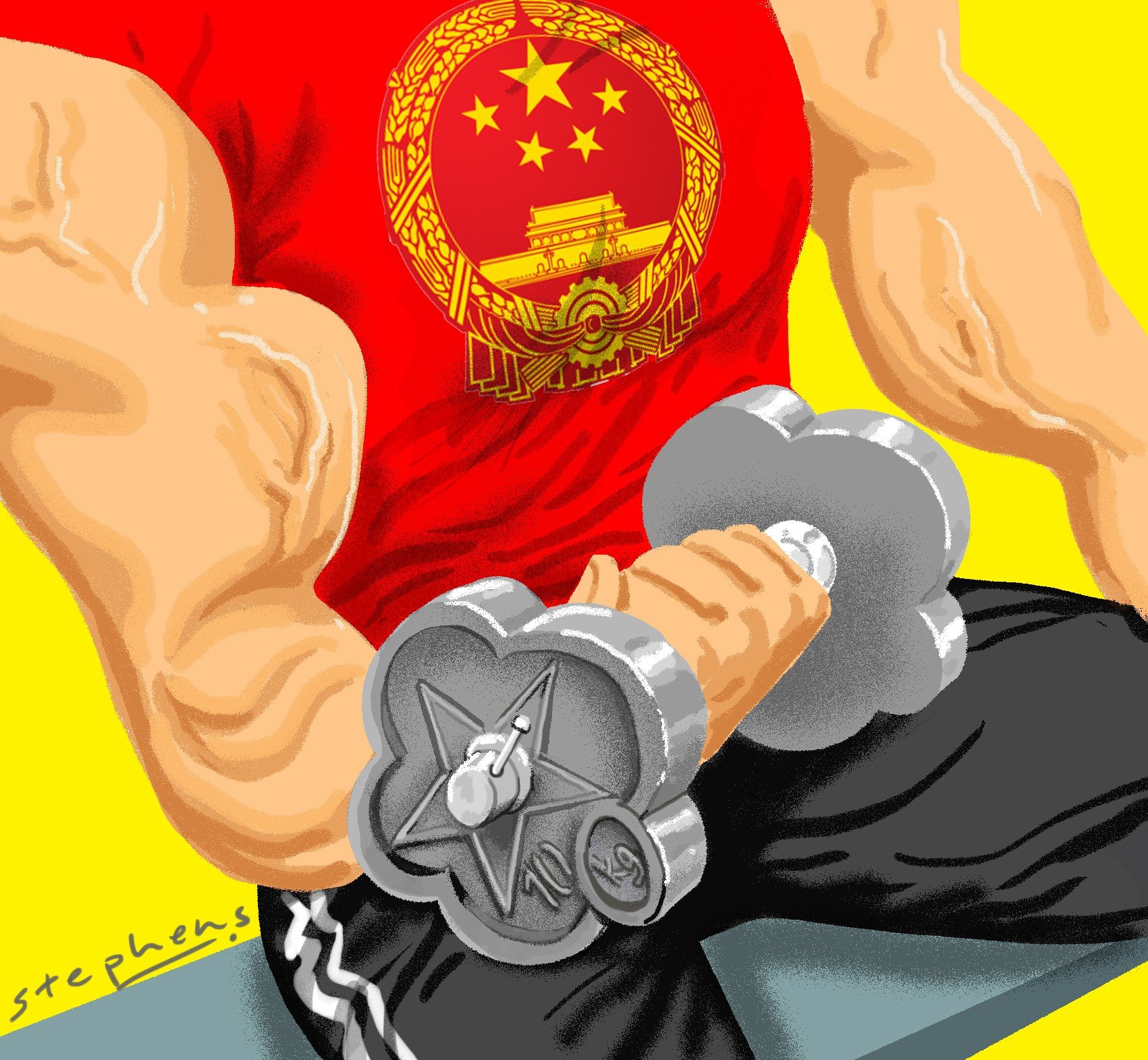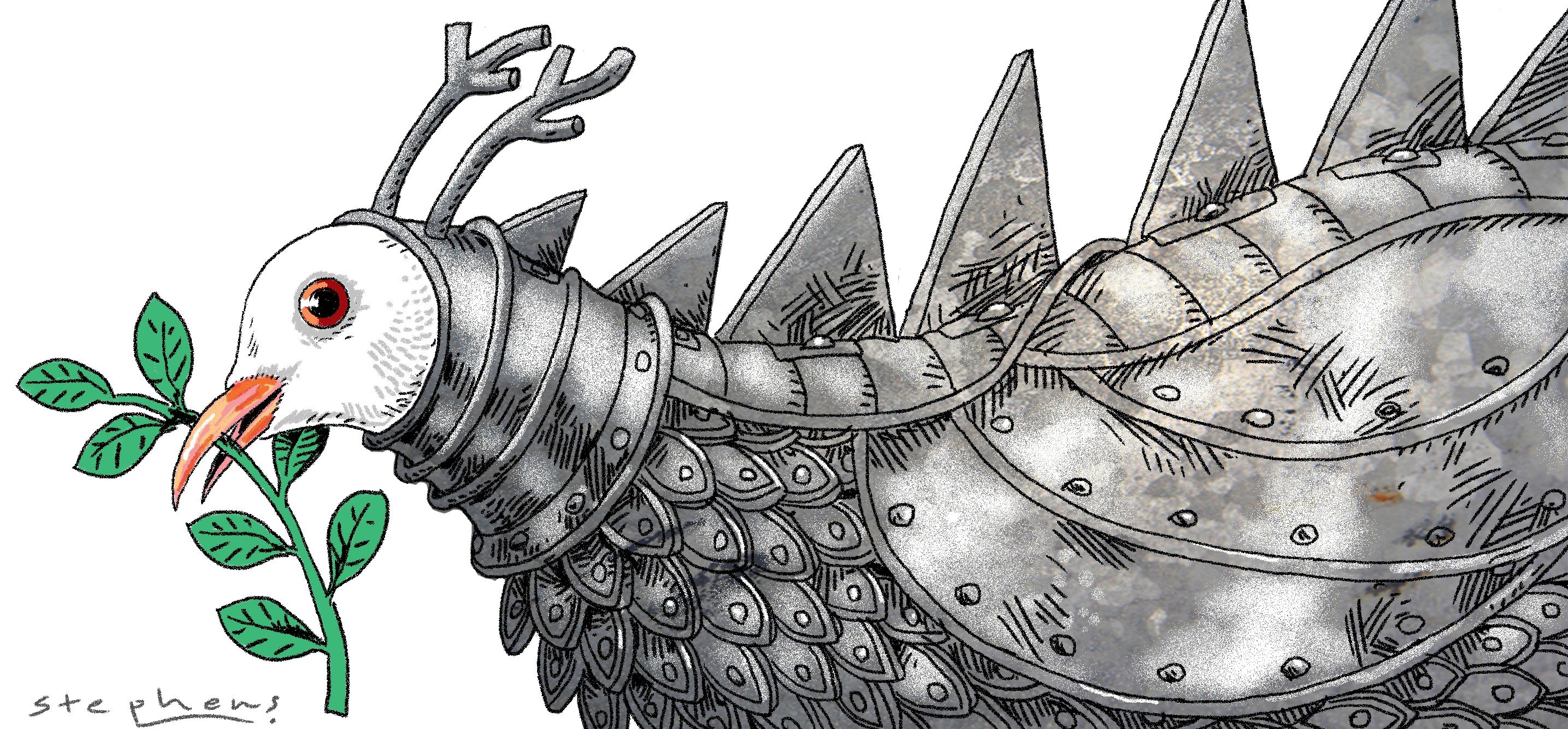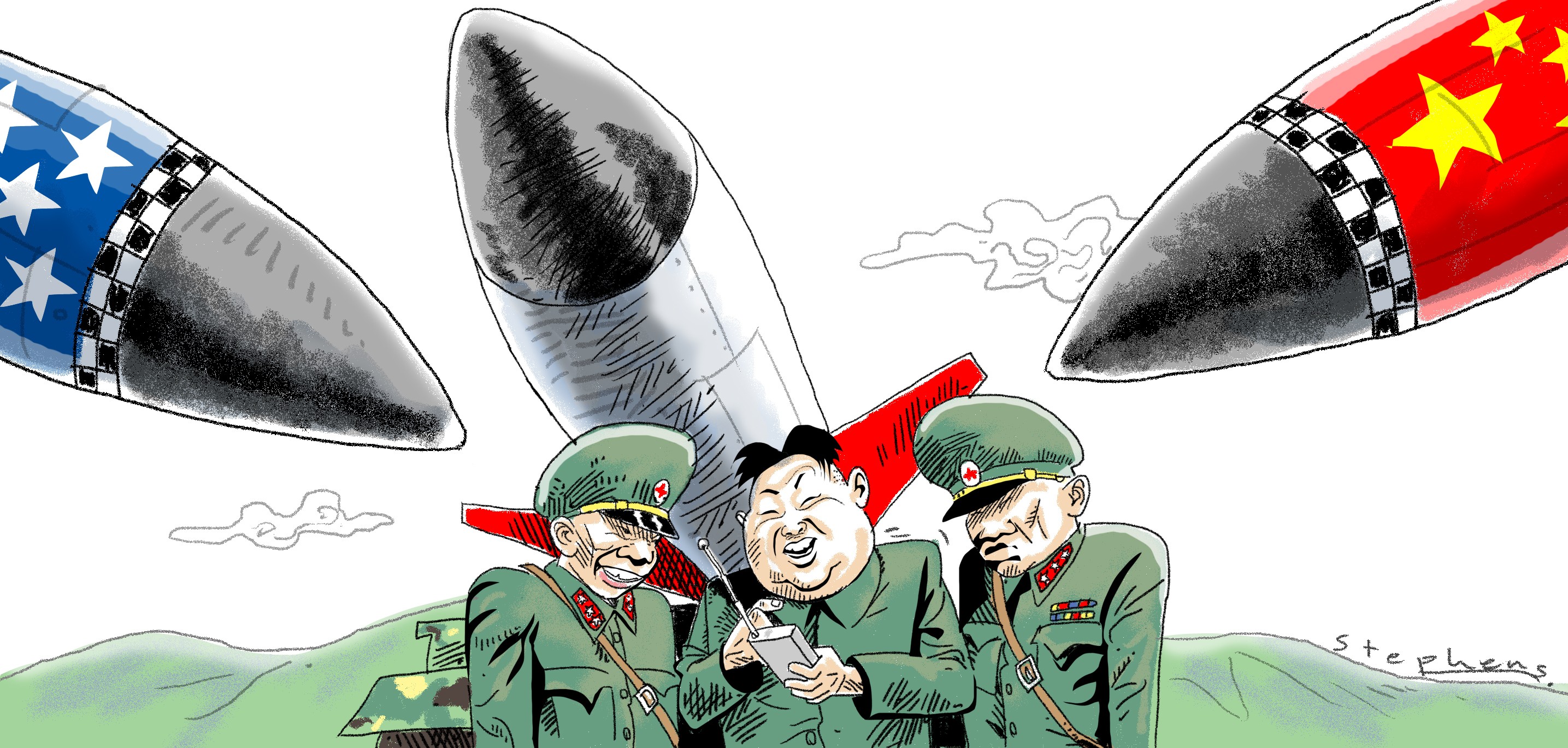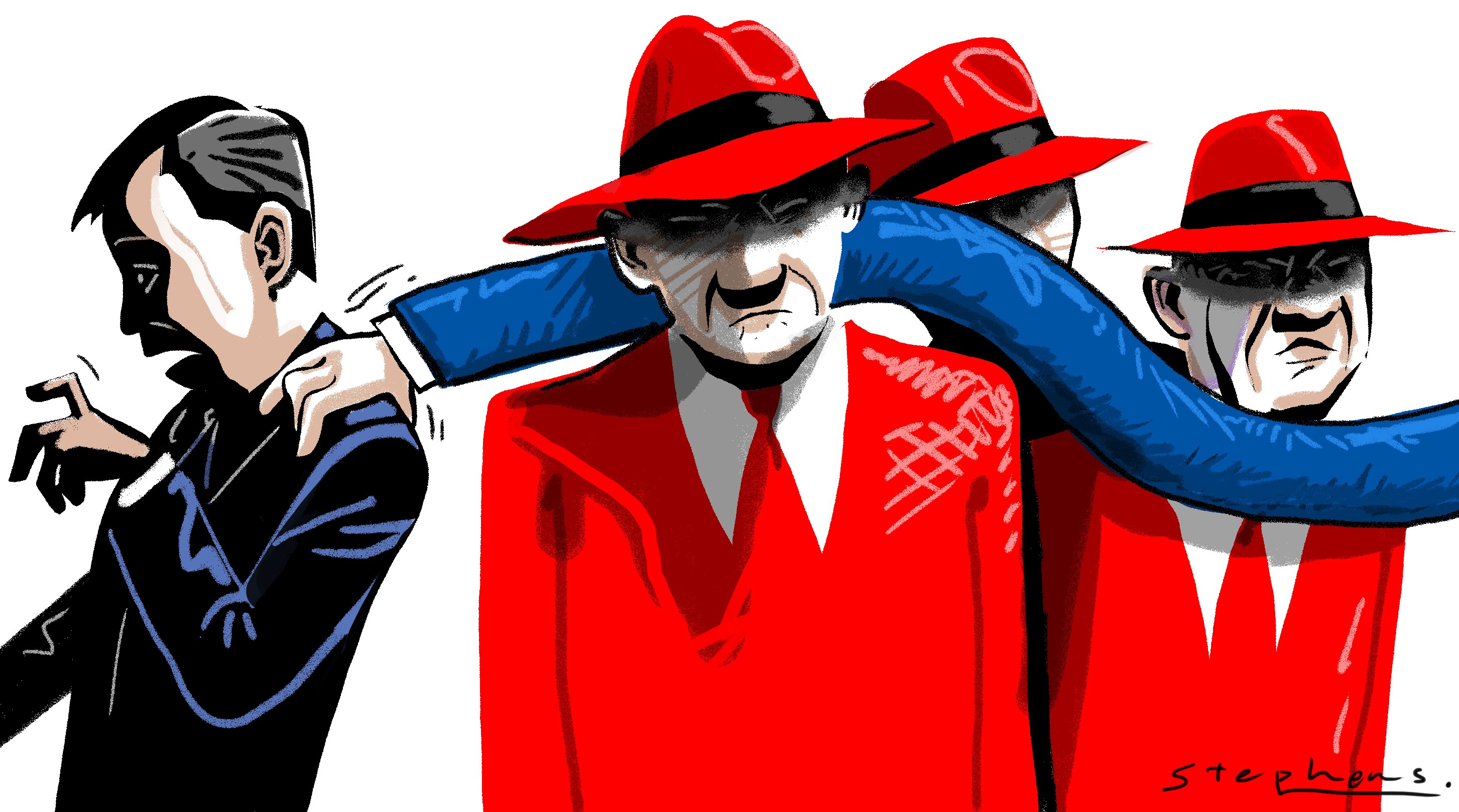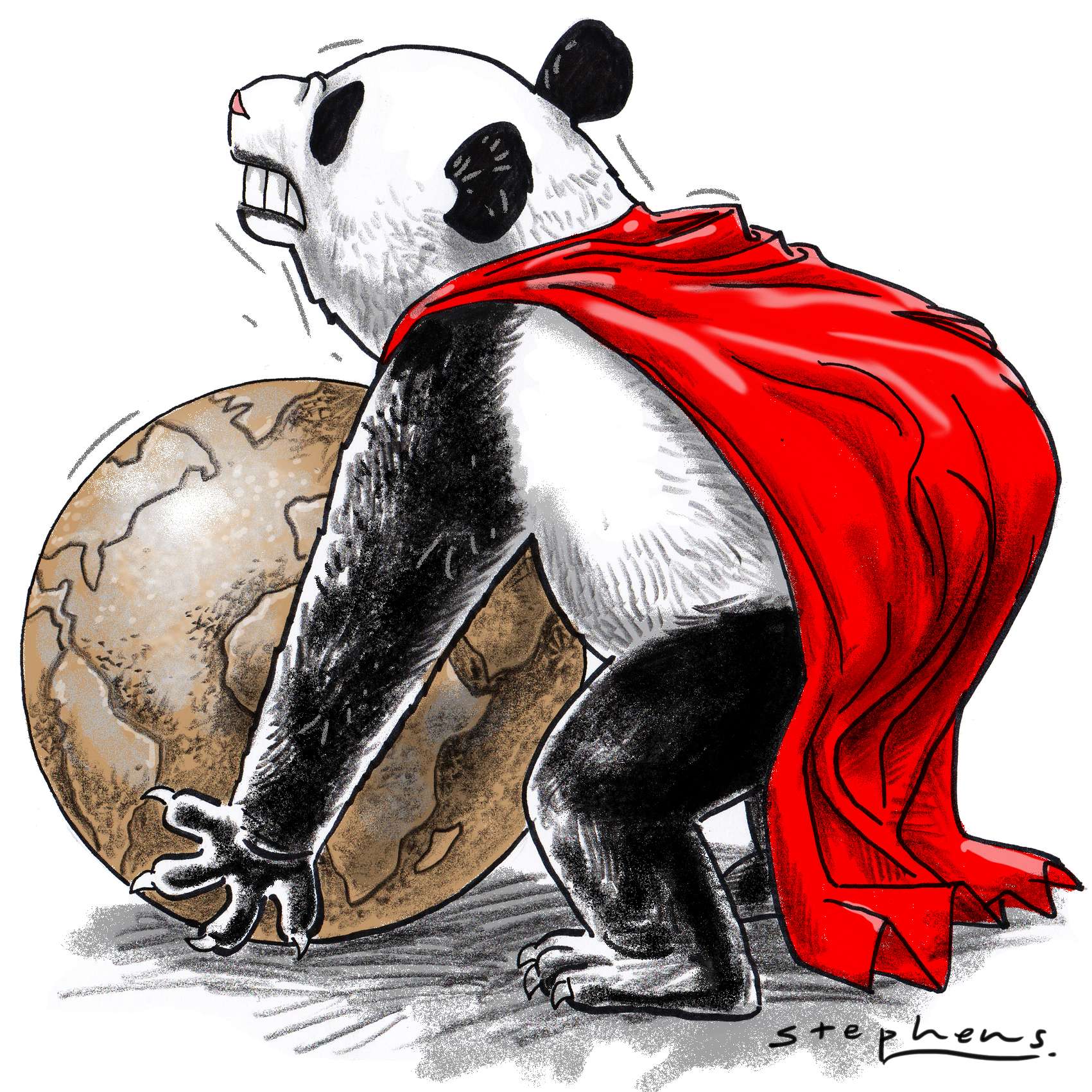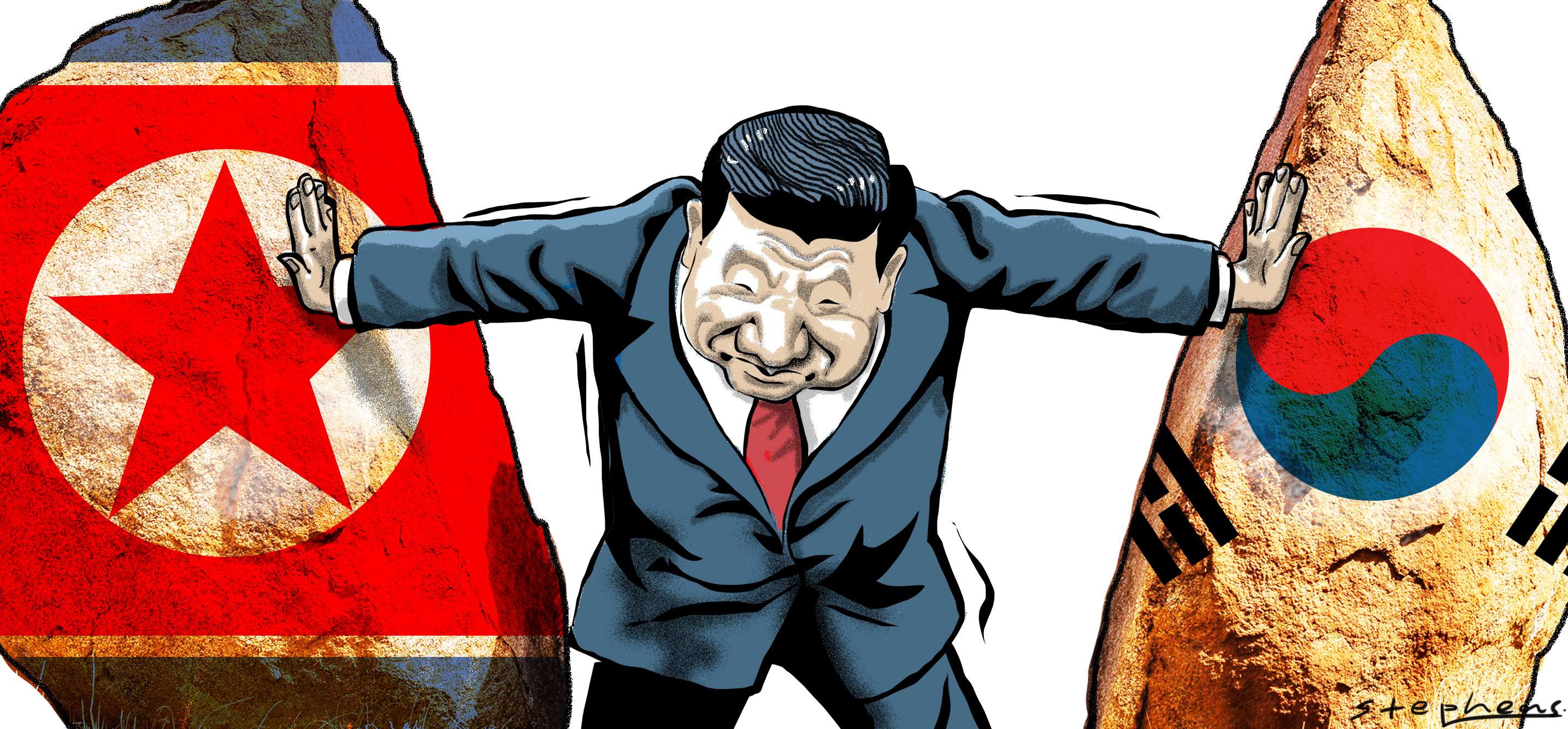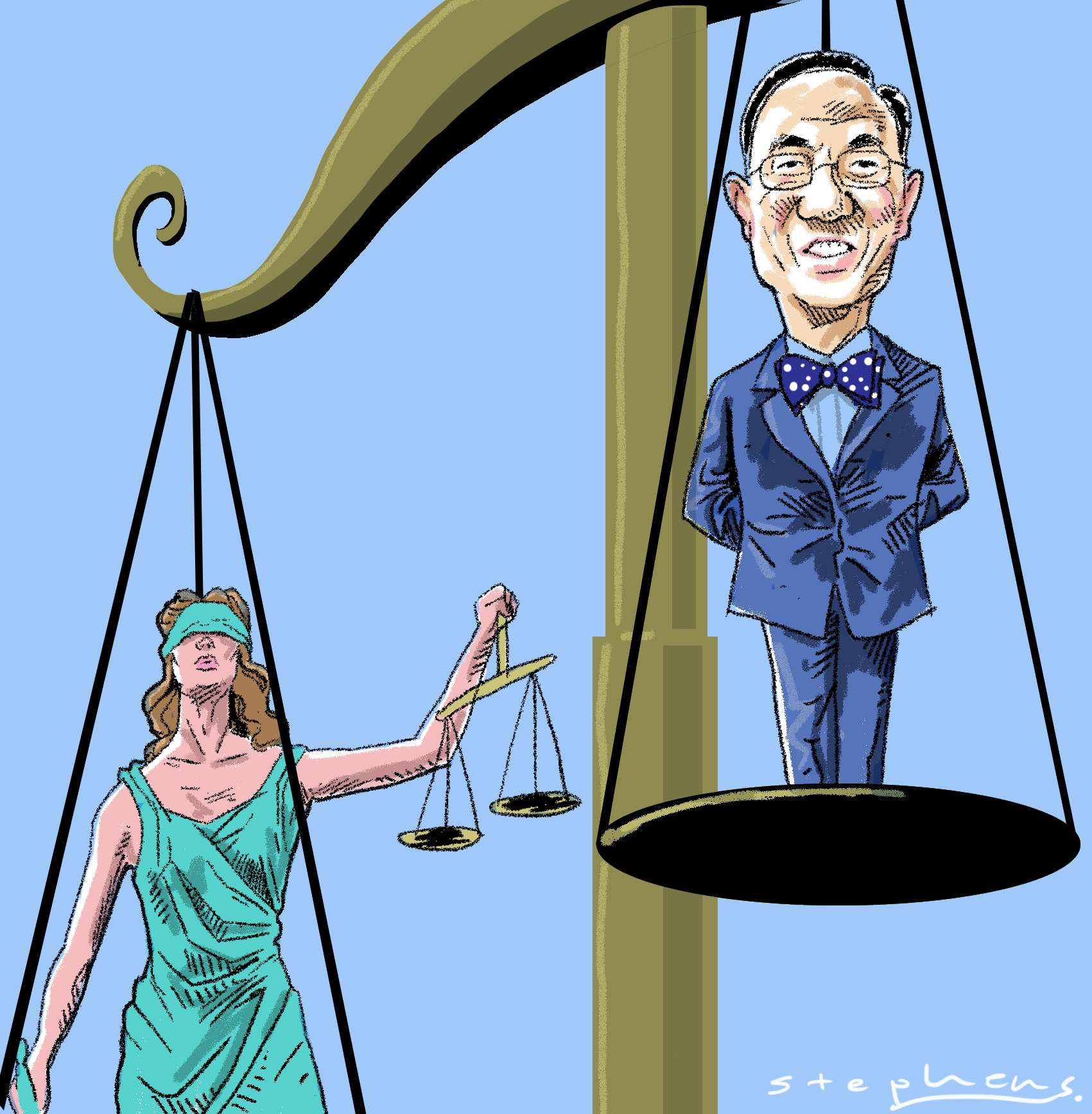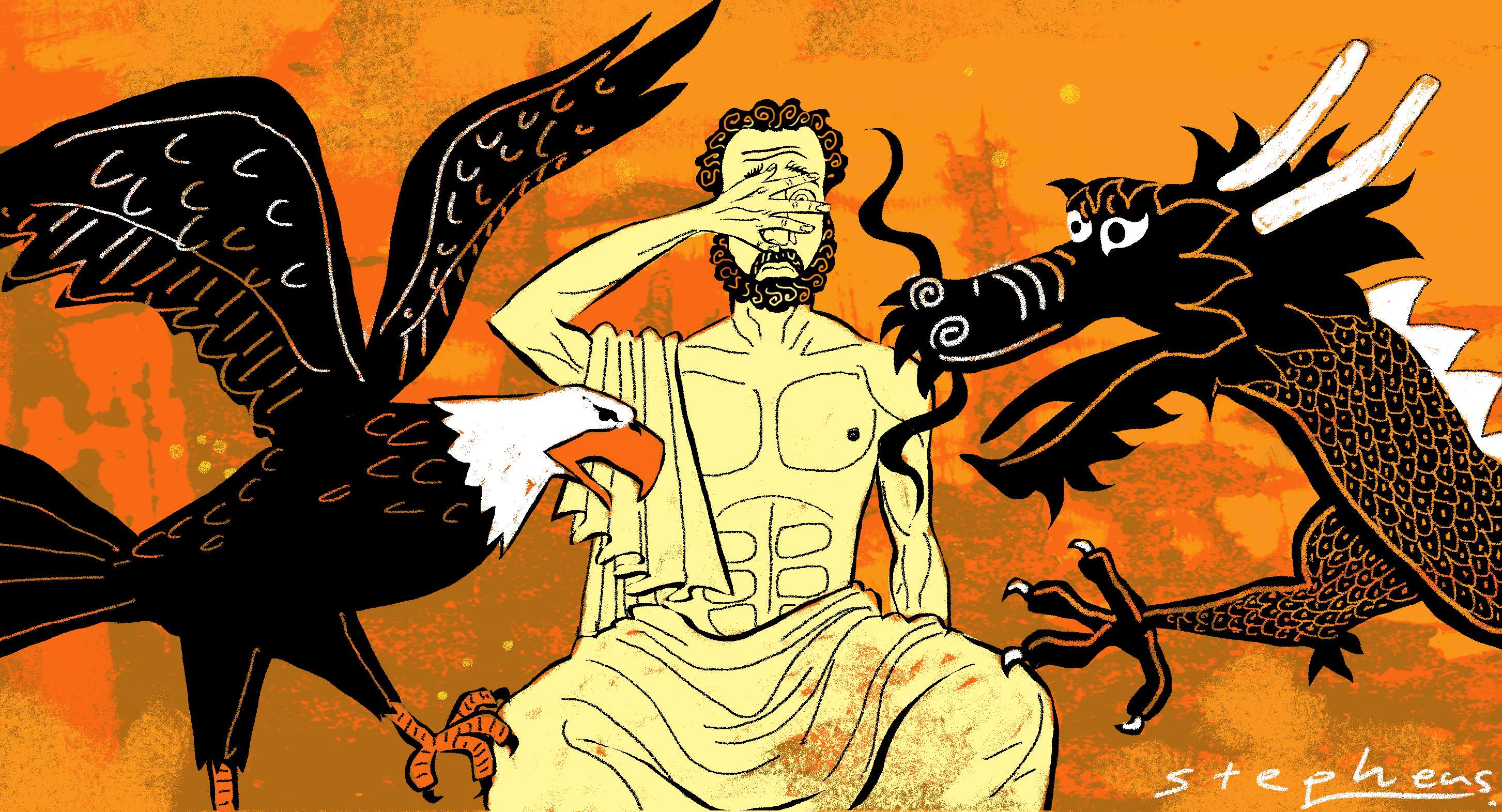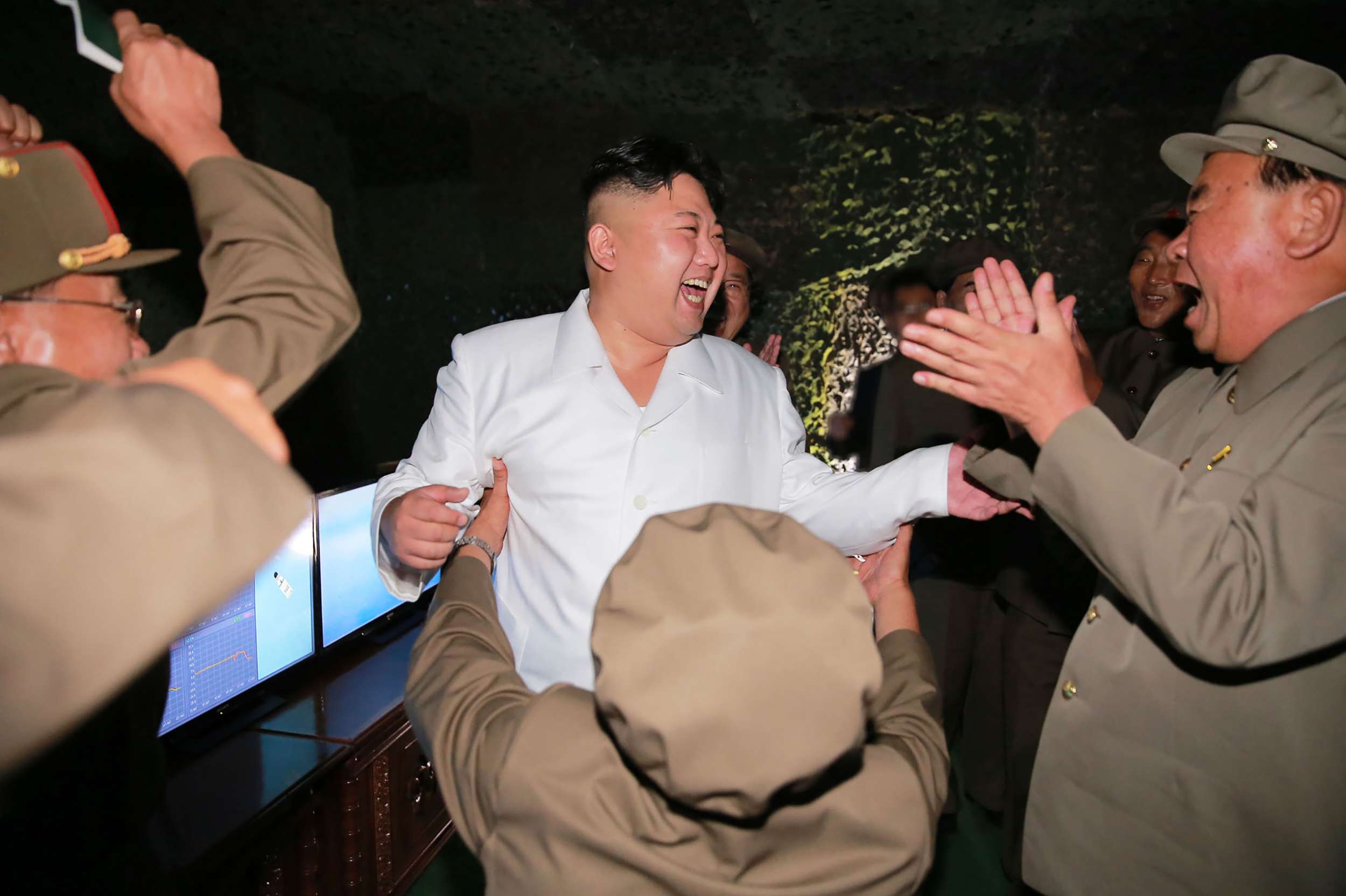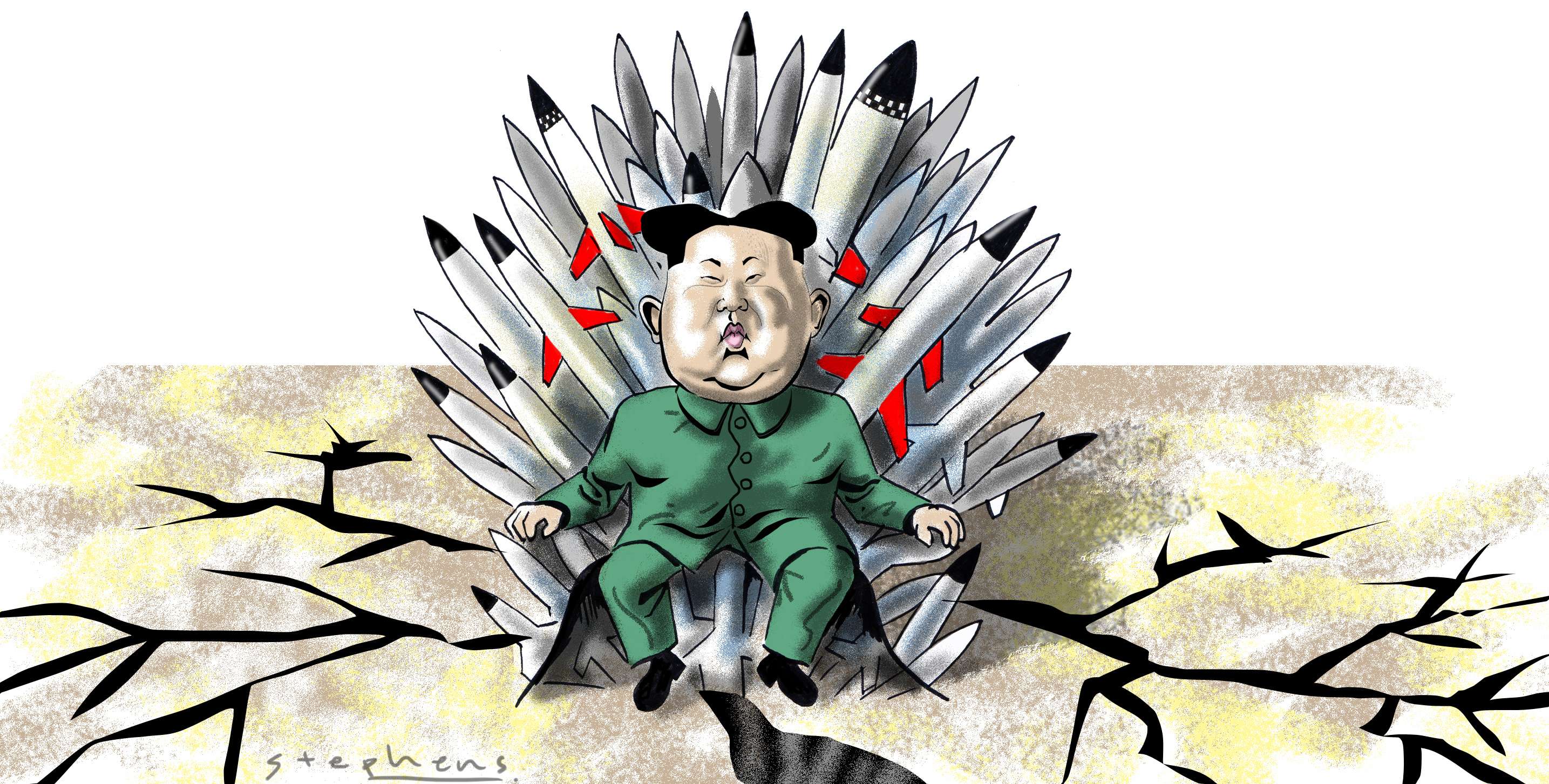Advertisement
Advertisement

Deng Yuwen
Deng Yuwen is an independent political commentator and international relations scholar. He is currently a visiting scholar at the University of Nottingham, and also a member of council at the Beijing Reform and Development Institute.
President Xi Jinping has shown himself capable of surprise, whether he is responding to the Hong Kong protests or the US trade war. But his failure to pardon political prisoners and rally China proves there are limits to his flexibility.
Hong Kong’s million-strong protests are really directed at Beijing, which will tighten its grip on Hong Kong’s elections, and ramp up the city’s economic and political integration. But Hongkongers still have a chance to control their own destiny.
Xi Jinping may have provided more ammunition for Washington by hosting a conference on Asian civilisations. But US policymakers are off the mark – they are confusing a threat from the Communist Party with a threat from Chinese culture.
Xi has unification on his mind, but the conditions are not ripe for such a course of action, with China still locked in a trade war with the US and Taiwan gearing up for elections. The PLA’s incursion into Taiwanese airspace was intentional, but it won’t be overplayed.
Advertisement
Both Trump and Kim are at a critical juncture. If Trump wants to be re-elected, he needs to achieve a trade deal with China and a nuclear pact with North Korea. Meanwhile, Kim is desperate to save the North Korean economy from US sanctions.
The Chinese leader has been asserting his authority following biting criticism last year of his government’s handling of the trade conflict. His power is secure, but surely a China that has celebrated 40 years of reform won’t regress to the days when one person could decide the country’s fate.
The trade war has set back China’s timetable for reunification with Taiwan. But for political and personal reasons, President Xi Jinping is likely to retake the island, by force if necessary, before he steps down around 2033.
Signs are pointing to the US-China trade war ending in November. Donald Trump has made an overture to Xi Jinping, and the Chinese have hinted at the possibility of making concessions to the Americans.
China’s economic reforms have stagnated as Beijing does not have the will to wade into political reform and further marketise the economy. However, the trade war with the US might give China the push it needs to change things.
The impact on China’s economy could destabilise a country already dealing with the twin problems of low public trust and unresponsive government bureaucracy. But although change is inevitable, an eruption of public anger is not.
The annual informal late-summer gathering of China’s ruling party will almost certainly be devoted to US tariffs and how to respond to them, as well as containing public dissatisfaction and, on a subtle level, discussing the leadership’s mistakes.
The trade conflict is only a proxy for the larger battle for dominance between the two powers. With all signs pointing to a Chinese government determined to fight back, given that its goal of national rejuvenation is at stake, China is unlikely to cave in to US pressure.
Beijing sees the importance of cultivating good relations on its periphery, and is growing into its role as a global power on the rise. Warmer relations with a host of countries, including India, Japan and North Korea, are proof of it.
Kim has rightly calculated that he needed to make some concessions to ease the pressure on his regime, but he will never totally give up the nuclear programme that North Korea has invested so much in.
Even with the removal of presidential term limits, Xi is too mindful of the lessons of history and the need to win over public opinion to consider holding power till his death.
Xi Jinping may have good intentions for removing the rule limiting a president to two terms in office but, in the long run, society won’t be better off by overturning an institution put in place to prevent power abuse.
The retired anti-corruption chief appears ready to make a political comeback after being named an NPC deputy to the legislative meeting in March.
There are many reasons China must recommit itself to its reform and opening up policy. Further reforms would help China meet its own development goals, and avoid a trade war with the US and Europe.
Beijing may be coming to the conclusion that if it is to achieve reunification with Taiwan, it will have to do it by force, and sooner rather than later.
City governments in China should respect people’s freedom of mobility, and sacrificing migrant welfare for a policy goal is shameful discrimination.
China’s communist leaders signal at their 19th party congress that a muscular foreign policy is vital for the country’s peaceful development.
The recent test, a slap in the face for both China and the US, could have a sobering effect on the two powers, sharpening the choices that lay before them and strengthening their resolve to cooperate for a solution

